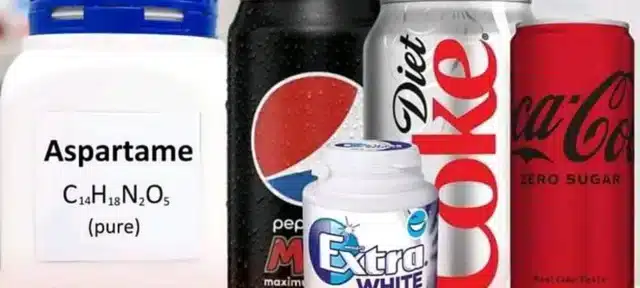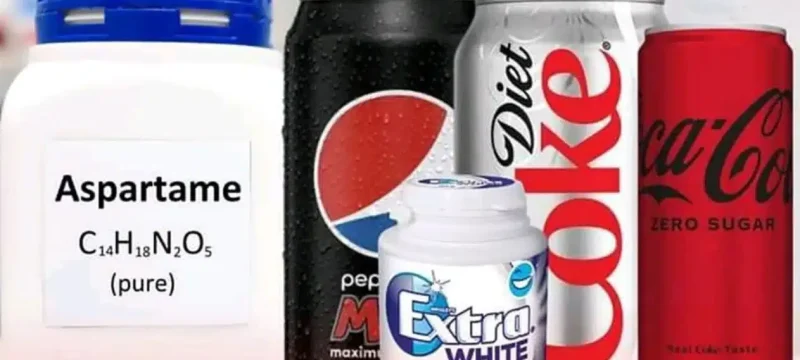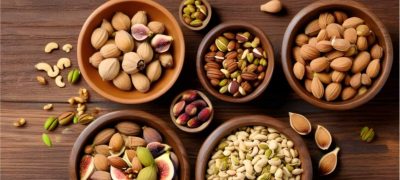Aspartame, an artificial sweetener often found in a variety of foods and fizzy beverages (such as Diet Coke), is reportedly expected to be classified as “potentially cancer-causing” to humans. In any event, the magnitude of the risk is not indicated by this arrangement. Aloe vera, fuel, and pickled Asian veggies are among other chemicals in this category. The International Agency for Research on Cancer (IARC) of the World Health Organization (WHO) is expected to release a statement on this subject on July 14.

Aspartame, which is approximately 200 times sweeter than sugar, is commonly used as a sugar substitute in diet or sugar-free products, including diet drinks, chewing gums, and some yogurts. Notable beverages that contain aspartame are Diet Coke, Coke Zero, Pepsi Max, and 7 Up Free. It is estimated that around 6,000 food products contain this sweetener. Despite its decades-long use and approval by food safety organizations, controversy surrounds the safety of aspartame.
Also Read: Unlocking the Power of Superfoods: Preventing Cancer, Heart Disease, Obesity, and More
The IARC has been conducting a review of approximately 1,300 studies on aspartame and its potential link to cancer. Sources close to the process have revealed that aspartame will likely be classified as “possibly carcinogenic.” However, it is important to understand what this classification actually signifies.
The IARC employs four classifications:
– Group 1: Carcinogenic to humans
– Group 2A: Probably carcinogenic to humans
– Group 2B: Possibly carcinogenic to humans
– Group 3: Not classifiable
However, it’s crucial to note that the IARC classification does not provide information about the actual level of risk associated with aspartame. Rather, it indicates the strength of the evidence. The “possibly” category is used when there is limited evidence in humans or data from animal experiments. Various substances, such as diesel, talc on the perineum, nickel, aloe vera, Asian pickled vegetables, and several chemical substances, fall into this category. It is worth emphasizing that the evidence suggesting that these substances may cause cancer is not strong enough to warrant their placement in Group 1 or 2A.







